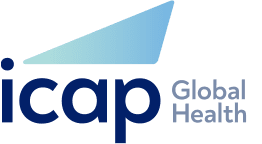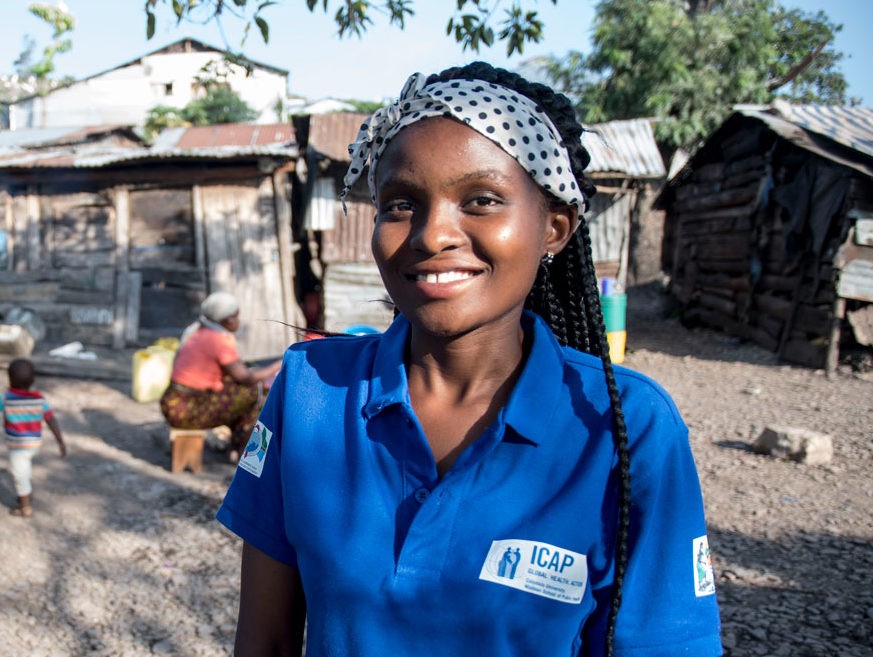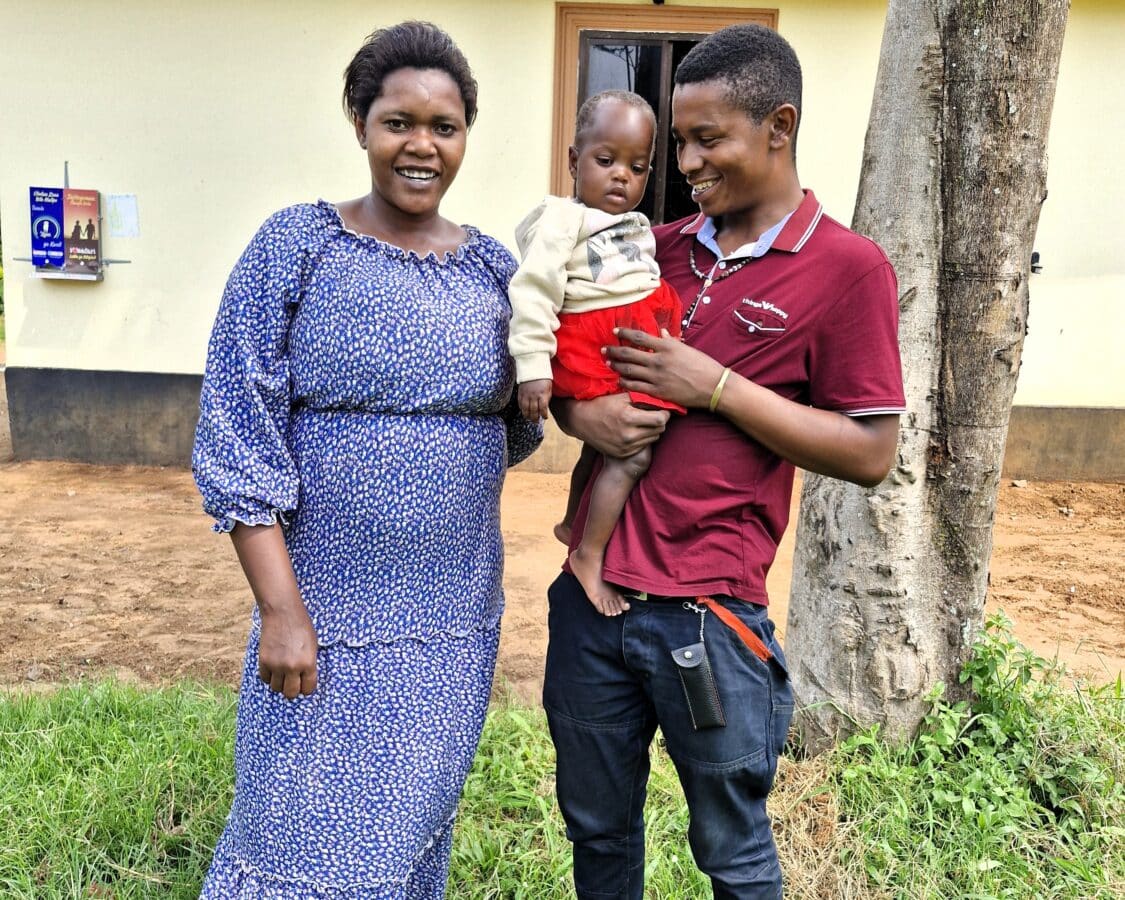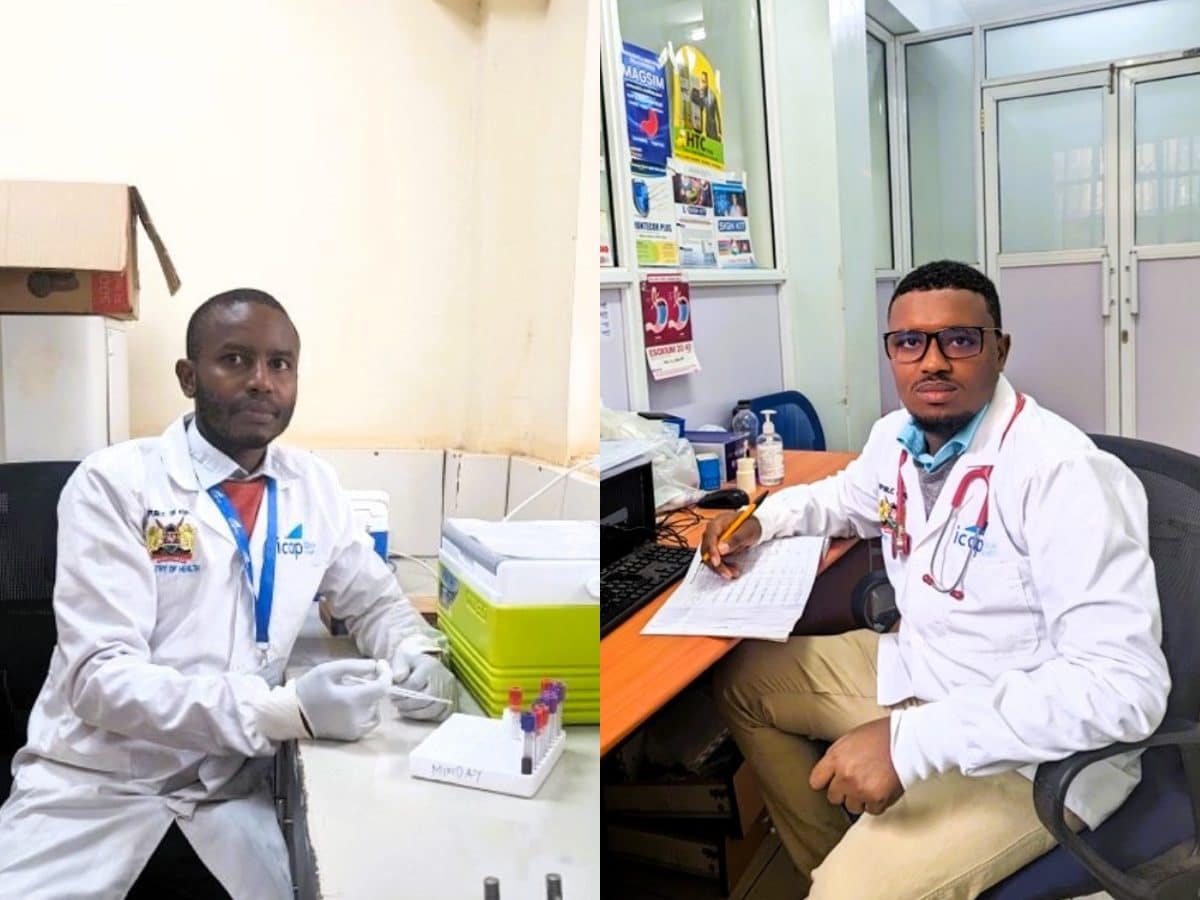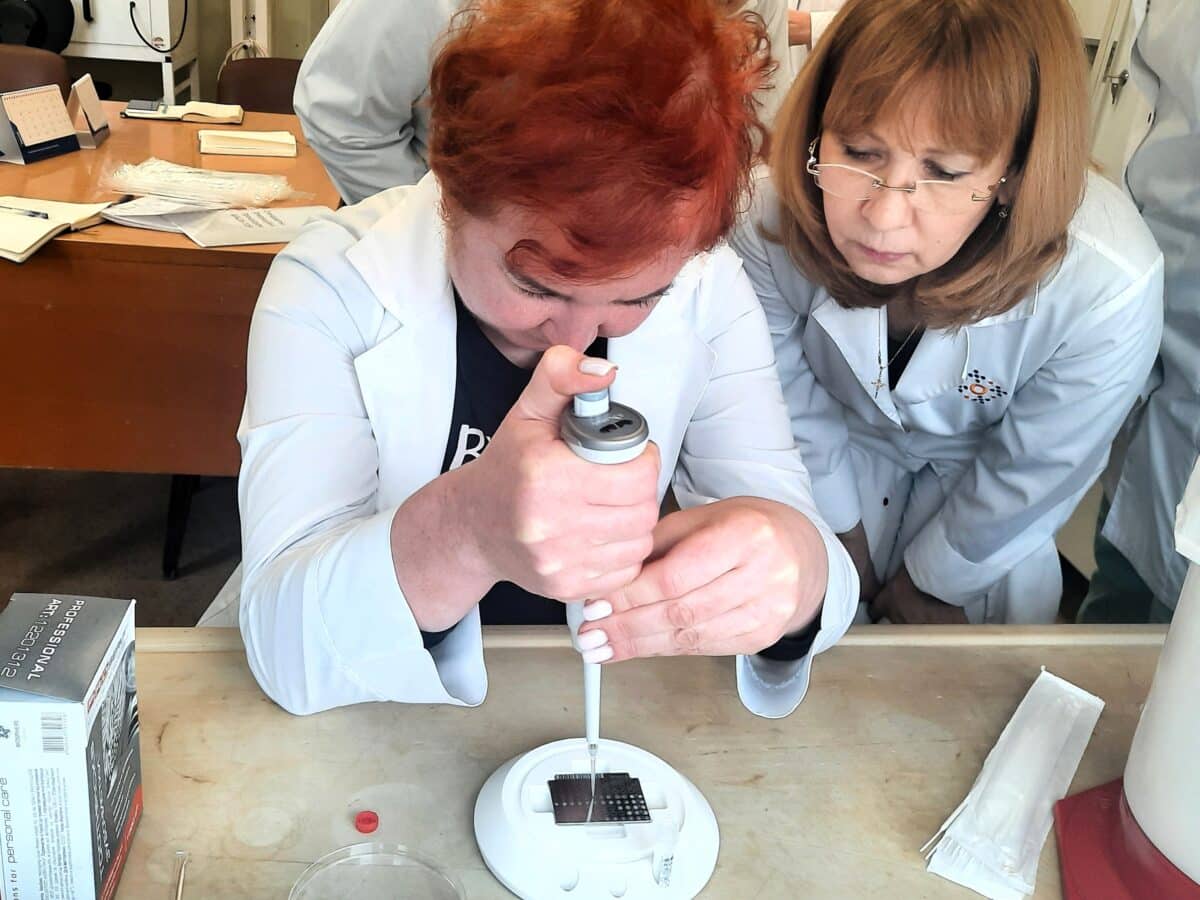Zuhura, 19, has a story shared by many young women from rural settlements in Kagera, a region in Tanzania bordering Lake Victoria. After her parents separated when she was 15, she moved to the nearest town, intending to earn a living selling fruit at the local fish market. There, she met an older man with whom she had a child. The child’s father died not long afterward. Although Zuhura had been sexually active for several years, she had never been tested for HIV, as local health services were inadequate and she could not afford to visit the regional clinic for testing.
Zuhura is one of the estimated 48 percent of people living with HIV in the Lake Victoria region who had not been diagnosed due to the area’s severe shortage of health care resources. She received HIV testing and counseling services provided by ICAP’s FIKIA (“to reach” in Swahili) project, and after discovering that she was HIV positive, received follow-up counselling and psychosocial support from Anisia, a FIKIA community outreach volunteer. Just one week later, she enrolled in care.
This focused outreach and fast turnaround between testing and linkage to care is thanks to FIKIA’s unique partnership with the Regional and Council Health Management Teams, which work with ICAP to bring health care directly to communities through a model called CTC (Care and Treatment Center) outreach. The project has had such an impact in Kagera, where over 53,000 people received testing between October 2017 and March 2018 and more than 3,000 were identified as HIV positive, that other nearby regions have sought to match their success.
“Kagera region is a now a symbol of well-functioning CTC outreach services,” said Jonas Kessy, MD, the Regional AIDS Control Coordinator for Kagera region, “and this has brought the RHMT from Dar es Salaam and Kigoma regions to pay visits to our region to learn more about outreach services provided to the community through the FIKIA project. I am happy to say that Kigoma region is now implementing our CTC outreach services model.”
In 2016, ICAP was awarded funding by the U.S. Centers for Disease Control and Prevention (CDC) to implement comprehensive, community-based HIV prevention, linkage, and retention services for key populations and adolescent girls and young women across Tanzania, including in Kagera. The FIKIA project’s innovative model incorporates both clinic-based and community-based peer educators and outreach specialists to bridge the gap between populations in need of HIV services and distant regional facilities. Through this work, ICAP ensures that clients who are diagnosed HIV-positive are initiated on antiretroviral therapy and retained on treatment, with an overall view toward reaching the UNAIDS 90-90-90 targets by 2020.
Before the initiation of FIKIA activities, Kagera region had no comprehensive community HIV services, which was extremely challenging in a region where the HIV prevalence exceeds the national average (6.5% compared to 5.1%). For women like Zuhura, whose circumstances make them especially vulnerable to HIV, FIKIA’s CTC outreach makes a world of difference.
“I truly appreciate the work that ICAP in collaboration with our regional authorities are doing. Without the FIKIA project I would probably be dead without knowing the actual cause,” Zuhura said. “Thank you very much ICAP and the FIKIA team.”

